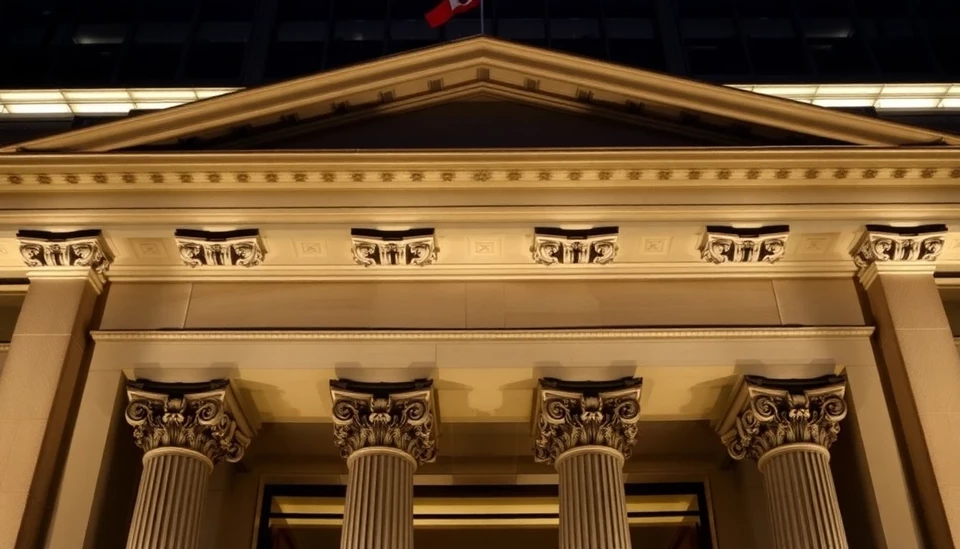
As the United Kingdom moves deeper into 2025, mounting fears of an impending recession are becoming a focal point for economists and policymakers. With critical economic data set to be released soon, many analysts are projecting a contraction in the UK economy, raising alarms about the potential impacts on businesses and consumers alike.
Recent reports suggest that the economic indicators indicate a troubling trend, specifically with forecasts predicting that GDP may have shrunk during the last quarter of 2024. Persistent inflationary pressures, coupled with sluggish growth in various sectors, highlight the fragility of the UK's economic recovery in the wake of the pandemic. The Bank of England has consistently grappled with the dual pressures of rising prices and stagnant wage growth, creating a complicated scenario for monetary policy.
Analysts have pointed out several key factors contributing to these recession fears. Among these are supply chain disruptions that continue to affect numerous industries, along with elevated energy costs that have yet to stabilize. The ongoing cost-of-living crisis has also strained household finances, leading to decreased consumer spending—a critical driver of economic growth.
Experts warn that if the data confirms a contraction, it could trigger a series of negative effects, including increased unemployment and reduced business investment. With consumer confidence already teetering on the edge, such developments would likely exacerbate the challenges facing the economy in the short term.
Furthermore, external economic conditions exert additional pressure on the UK. Global economic uncertainties, such as fluctuating commodity prices and geopolitical tensions, further complicate the landscape for UK businesses. Amidst these challenges, many companies are hesitant to expand, which could stall innovation and long-term growth prospects.
On a political level, leaders are under increasing pressure to implement measures that could stimulate the economy and provide relief to struggling citizens. As discussions around fiscal policy heats up, the government will need to balance immediate interventions with long-term economic stability to alleviate the pervasive fears surrounding a potential recession.
In the coming days, all eyes will be on the newly released data, which could either reaffirm these recession fears or provide a glimmer of hope for recovery. Economic analysts and investors alike are eagerly awaiting any signs that may indicate a shift in direction for the UK economy.
As the situation unfolds, stakeholders across various sectors will be monitoring developments closely, hoping to navigate through this turbulent economic landscape and mitigate the risks associated with a recession.
In summary, the UK is at a crossroad, facing significant challenges as it confronts the specter of recession. The upcoming economic release will be pivotal in determining the trajectory of recovery or further decline.
#UKRecession #Economy #GDP #CostOfLivingCrisis #Inflation #BankOfEngland #EconomicGrowth #ConsumerConfidence
Author: Daniel Foster




